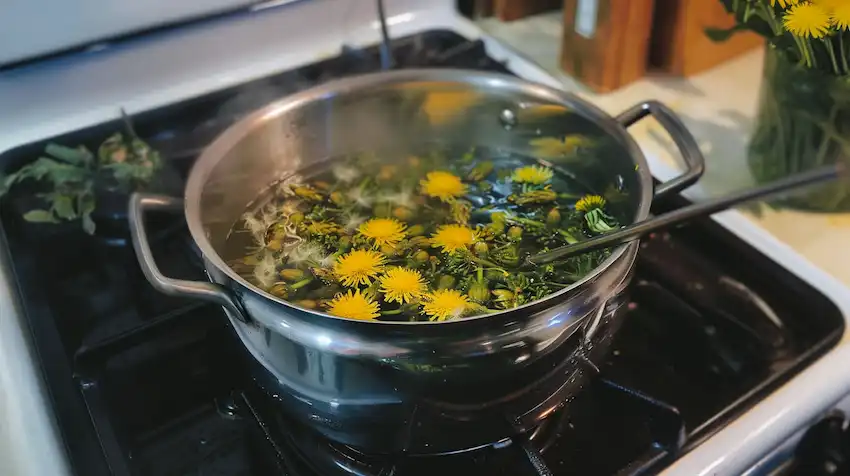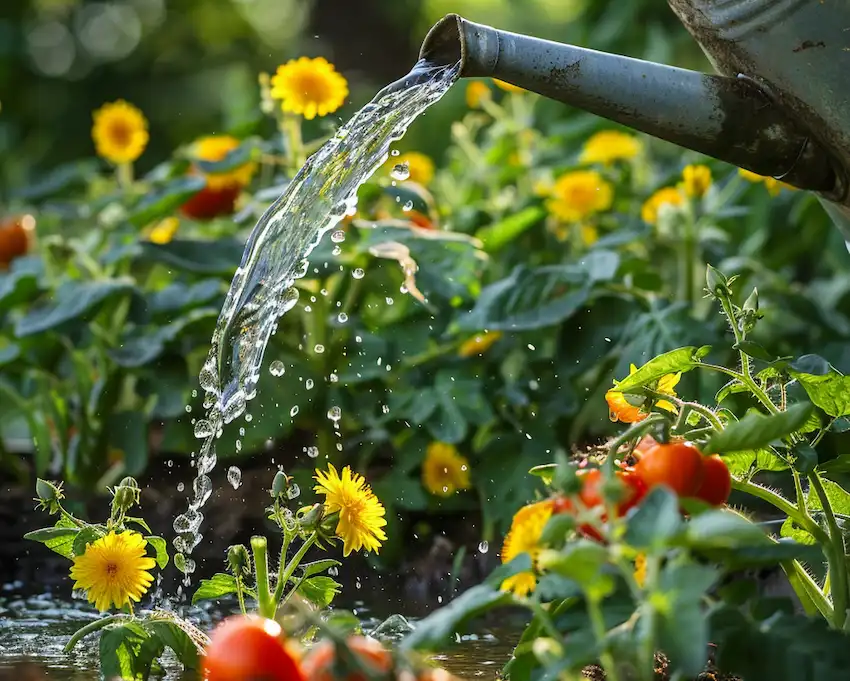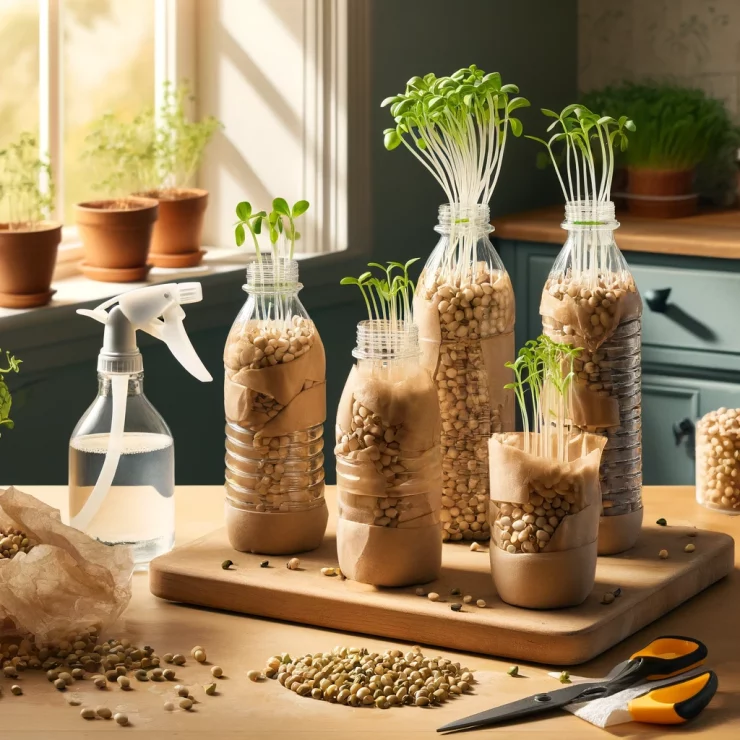Dandelion tea, often overlooked as a simple herbal drink, holds the key to revolutionizing garden care with its natural, organic fertilizer capabilities. This humble weed, commonly found dotting lawns and gardens, is a treasure trove of nutrients, making it an excellent ingredient for a homemade fertilizer tea that promises to enrich your garden soil sustainably and economically.
The dandelion, with its unassuming yellow flowers, is more than just a garden nuisance. It is packed with vital minerals such as potassium, calcium, iron, magnesium, and phosphorus. These nutrients are the secret to its power, helping to spur healthy plant growth, bolster root systems, and improve plant resilience against pests and diseases.

This guide delves into the art and science of brewing your own dandelion fertilizer tea, detailing its myriad benefits for your garden and how you can easily make it at home.
Unveiling the Benefits of Dandelion Tea for Gardens
- A Nutritional Powerhouse: The humble dandelion, with its deep-rooted system, acts as a natural miner, drawing up essential minerals from the earth. These nutrients are concentrated in its leaves, making dandelion tea a rich, accessible source of nourishment for your plants.
- Catalyst for Growth and Health: Dandelion tea’s high levels of potassium play a pivotal role in supporting plant growth, enhancing photosynthesis, and improving disease resistance by facilitating efficient nutrient absorption and enzyme activation within the plants.
- Root Booster: The phosphorus content in dandelion tea is invaluable for root development, offering a significant advantage for plants in their formative stages or when being transplanted, ensuring they establish strong, healthy root systems.
- Organic and Safe: Free from harmful chemicals and synthetic ingredients, dandelion tea is a gentle, organic fertilizer option. It’s ideal for all types of gardens, from vegetable patches to flower beds, providing a safe environment for even the most delicate seedlings.
Crafting Dandelion Fertilizer Tea: A Step-by-Step Guide
Ingredients:
- A generous bunch of dandelion leaves and roots
- A bucket or a spacious jar
- Water
Method:
- Gather Your Greens: Handpick a robust bunch of dandelions, ensuring they’re free from chemical treatments. Utilize the entire plant—flowers, leaves, and roots—to maximize the nutrient output.
- Prep and Chop: Clean the dandelions thoroughly to eliminate any dirt, then chop them into smaller pieces to enhance nutrient extraction.
- Soaking Time: Place the prepared dandelions in your chosen container and submerge them in water. Aim for a gallon of water per large handful of plant material.
- Steeping: Seal the container and allow the concoction to steep for two weeks. In this period, the water will darken as it becomes infused with dandelion’s essential nutrients.
- Strain and Store: Filter out the plant remnants after steeping. The resultant liquid, rich in color and nutrients, is your homemade dandelion fertilizer tea.
- Dilution: Depending on its strength, you may dilute the tea to resemble the color of weak tea, typically at a 10:1 water-to-tea ratio, before application.
Application Tips

Dandelion fertilizer tea is versatile, suited for use throughout the growth season to fortify plant health. Apply it to the soil base or as a diluted foliar spray, adjusting the frequency based on plant response—generally every 4 to 6 weeks is recommended.
Wrapping Up
Dandelion fertilizer tea stands as a powerful reminder of the hidden value in nature’s simplest offerings. By converting the widespread dandelion into a potent, nutrient-rich fertilizer, gardeners can embrace sustainable, organic practices that not only benefit their plants but the environment as well. Next time you spot a dandelion, see it not as a weed, but as a golden opportunity to enhance your garden’s vitality.
Inspired by this? Share the article with your friends!


